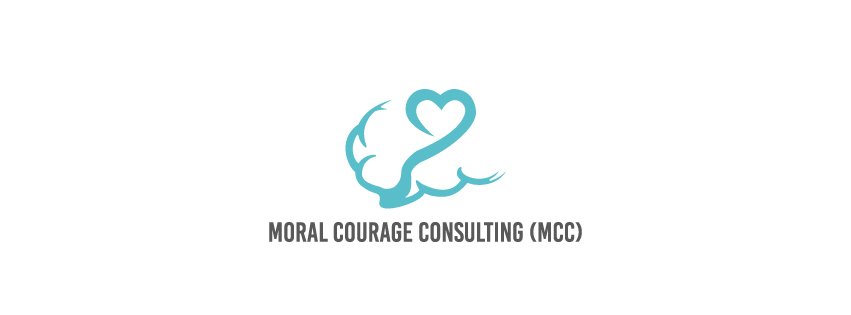Intersectional Identities: BIPOC
For our BIPOC clients, navigating moral dilemmas can be especially challenging due to the impact of systemic racism and historical trauma. BIPOC folks are often exposed to various forms of racism and discrimination, leading to increased stress and trauma. These experiences can make it more difficult to navigate ethical and moral situations, especially in predominantly white environments where biases and micro-aggressions may go unchecked.
Studies have shown that experiences of racism and discrimination can lead to a range of mental health issues, including anxiety, depression, and post-traumatic stress disorder. These issues can make it harder to navigate moral dilemmas, as individuals may struggle to trust their own judgment and decision-making abilities. Additionally, BIPOC folks may feel a heightened sense of responsibility to represent their community in a positive light, leading to added pressure and moral distress.
It's important for BIPOC folks to recognize that the impact of racism and trauma can be ongoing and may require ongoing self-care and support. This includes finding safe spaces where one can share experiences and feelings, connecting with supportive communities, and engaging in activities that bring joy and fulfillment. It's also important to recognize that seeking professional support from mental health professionals who are well-versed in racial trauma can be beneficial in navigating moral dilemmas.
As allies, it's important to acknowledge the impact of systemic racism and support BIPOC folks in navigating moral dilemmas. This includes actively working to challenge and dismantle systems of oppression, being mindful of biases and micro-aggressions, and creating inclusive spaces where BIPOC folks feel safe and heard.
Here at MCC, we recognize that identifying as BIPOC can impact how one navigates moral dilemmas and may lead to increased moral distress. However, by recognizing the impact of systemic racism and historical trauma, engaging in self-care, and seeking support from mental health professionals, BIPOC folks can navigate ethical and moral situations with increased confidence and courage.
